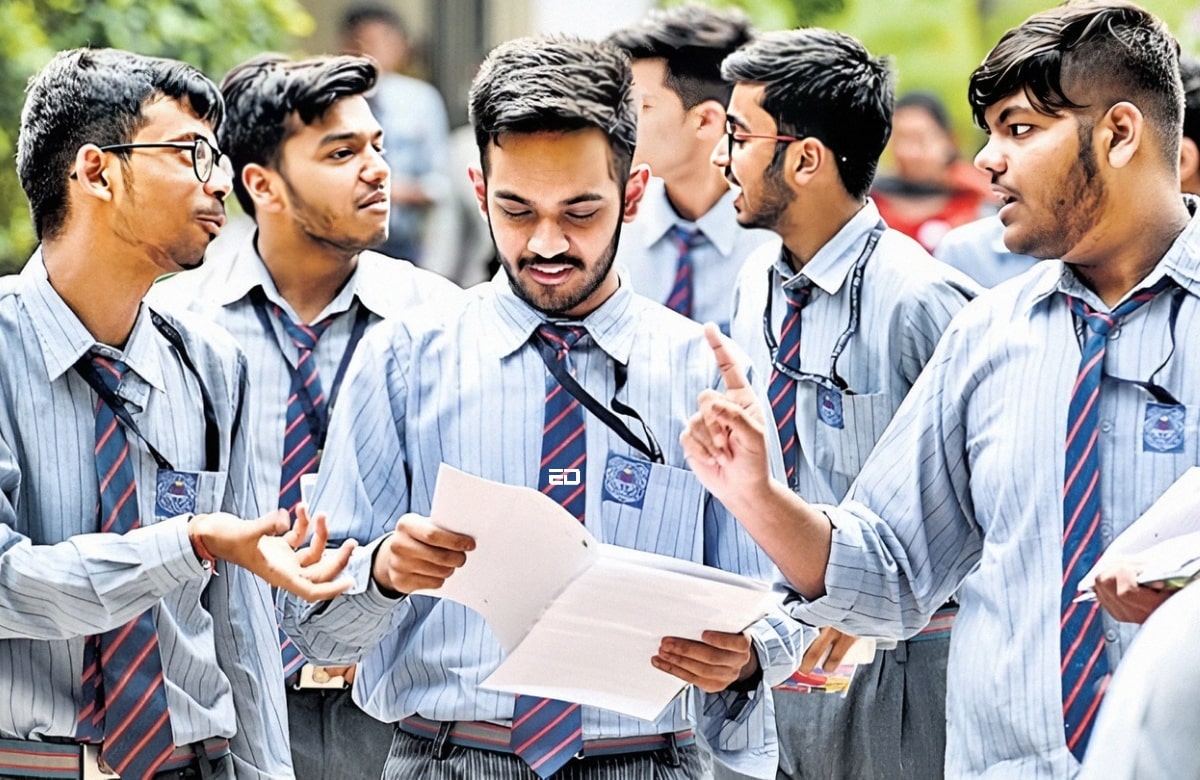In a move aimed at curbing the rampant issue of question paper leaks in recruitment exams, the Lok Sabha recently passed the Public Examinations (Prevention of Unfair Means) Bill, 2024.
Introduced by Union Minister Jitendra Singh, the bill seeks to address the longstanding challenge of ensuring fairness and integrity in public examinations, which are crucial for determining the future of millions of aspiring youth across the country.
Strengthening Legal Framework
The passage of this bill underscores the government’s commitment to creating a level playing field for all candidates, regardless of their socioeconomic background. By penalizing those responsible for paper leaks and other malpractices, the bill aims to restore trust in the examination system and uphold the sanctity of meritocracy in recruitment processes.
At the heart of the bill are provisions designed to tackle a wide range of unfair means and offences associated with public examinations.
These include leaking question papers or answer keys, tampering with answer sheets, manipulating seating arrangements, and creating fake websites for cheating purposes, among others. Additionally, the bill imposes stringent penalties on offenders, with jail terms ranging from 3 to 10 years and hefty fines of up to Rs 1 crore.
Crucially, the bill extends its purview to a variety of high-stakes exams conducted by prestigious institutions such as the
- Union Public Service Commission (UPSC),
- Staff Selection Commission (SSC),
- Railway Recruitment Boards, and
- the National Testing Agency (NTA), among others.
By encompassing a wide spectrum of exams, the bill seeks to address the pervasive issue of paper leaks across different sectors and domains.
Read More: “Maa Durga Aa Gayi Hai,” Says Mahua Moitra After Expulsion From Lok Sabha In Cash For Query Scam
Challenges and Limitations
However, despite the commendable intentions behind the bill, concerns have been raised regarding its effectiveness in practice. Critics argue that the absence of strict punishment for offenders and the systemic nature of paper leaks may undermine its impact.
Moreover, the exclusion of state government recruitment exams from the bill’s purview leaves a significant gap in addressing the issue comprehensively.
One of the key challenges highlighted by experts is the need for holistic measures to combat the entrenched culture of corruption and collusion that perpetuates paper leaks. This includes holding not just direct culprits but also intermediary agents, such as coaching centers and corrupt officials, accountable for their actions.
Additionally, there is a call for expediting the rescheduling of exams in case of cancellations to minimize the adverse impact on candidates’ future prospects.
In conclusion, while the Public Examinations (Prevention of Unfair Means) Bill, 2024 represents a significant step towards addressing the scourge of paper leaks in India, its success will ultimately depend on the rigorous implementation of its provisions and complementary measures to root out corruption from the examination ecosystem.
Only through concerted efforts and a steadfast commitment to transparency and accountability can we ensure a fair and meritocratic system that empowers the youth and advances the nation’s progress.
Image Credits: Google Images
Feature image designed by Saudamini Seth
Sources: The Quint, NDTV, The Hindu
Find the blogger: Pragya Damani
This post is tagged under: paper leaks, government job exams, Public Examinations Bill 2024, enforcement mechanisms, penalties, accountability, systemic vulnerabilities, examination system, UPSC, SSC, NTA, state government exams, comprehensive approach, transparency, fairness, trust, law enforcement, institutional reforms, digital security, ethical conduct
Disclaimer: We do not hold any right, copyright over any of the images used, these have been taken from Google. In case of credits or removal, the owner may kindly mail us.
Other Recommendations:
Demystified: What Is The Cash For Queries Scandal Involving TMC MP Mahua Moitra
































